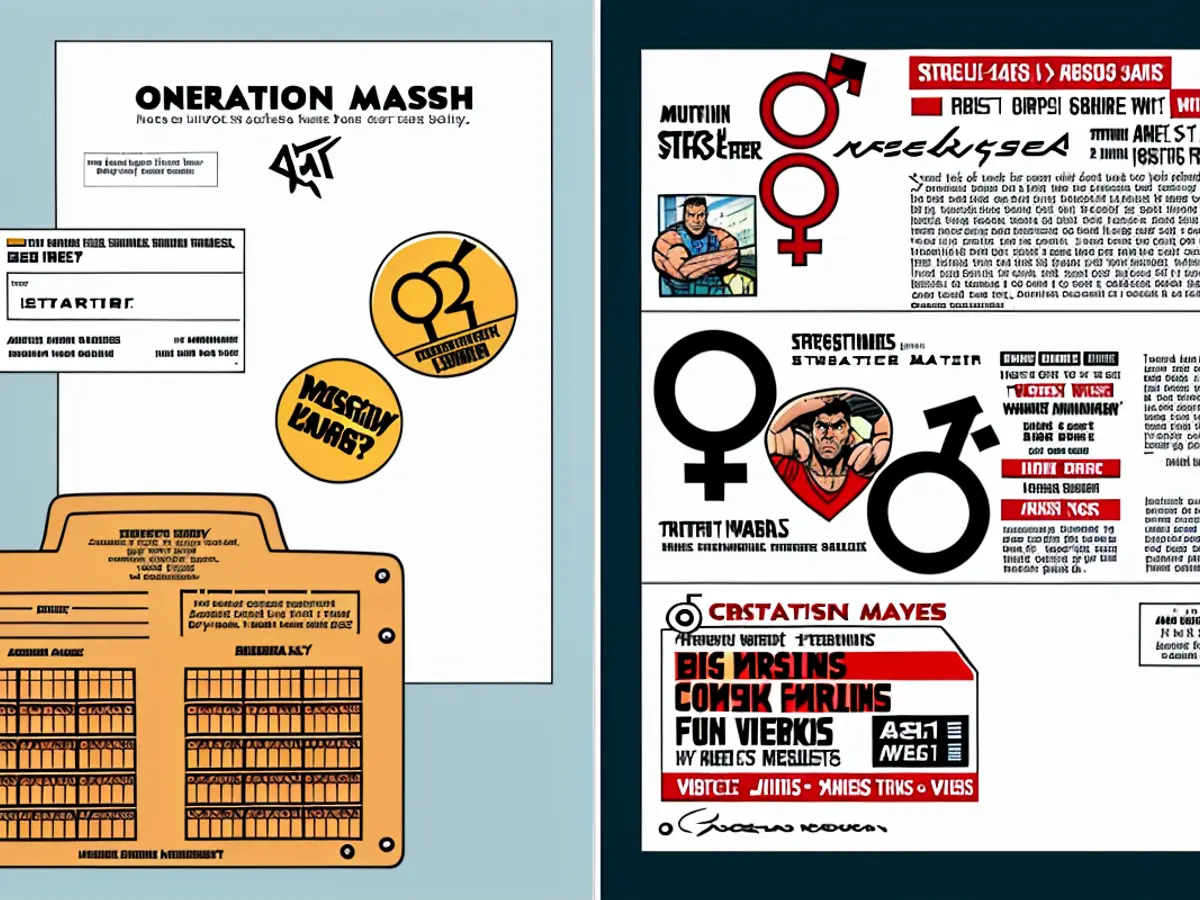James Madison and Benjamin Franklin made many errors in their views, but not this particular idea.
Look at our country's early leaders. When James Madison was close to his end, his niece noticed an unusual expression on his face and inquired about his well-being. He responded, "It's just a change of mind, dear." And with that, the architect of the Constitution passed away. What did he alter his opinion on? Two-chamber legislatures or floral wallpaper? We'll never know.
It's crucial to remember, centuries later, that he changed his stance. He did this on numerous occasions throughout his life. For instance, initially, he objected to the Bill of Rights, but eventually became one of its strongest supporters.
The framers of America possessed several flaws. They were largely intellectuals from the 18th-century, which meant they were typically racist and sexist. However, they also had significant strengths, and one noteworthy quality was their capacity for adaptable thinking. They exhibited epistemic humility, often altering their opinions when presented with new evidence or reasoning.
In contrast, nowadays, altering one's opinion, especially in the realm of politics, is often perceived as a sign of weakness. Have you become a flip-flopper?
Research indicates that modern-day Americans - both politicians and regular folk alike - are far less likely to change our minds compared to times gone by. We've grown complacent. We're stuck in our respective ideological camps, vested in our views on various issues - the economy, the environment, social identity, foreign policy, and more. Social media has played a role in nurturing and amplifying these echo chambers where our convictions are rarely questioned, and the opposing side is often ridiculed.
Although this intransigence has become today's standard, it's not a characteristic exclusive to our times. Our founding fathers, at their best, excelled at being adaptable thinkers. Examine Madison's records from the Constitutional Convention, where so many details were subject to change. Who should serve as president - a single person or a council of several co-presidents? How long should a senator's term be - two, six, or for life? Where should the central government reside? The delegates had immersed themselves in diverse writings from thinkers of past and present.
During the Constitutional Convention, the individual tallies of the delegates were counted yet not named. The founding fathers intended them to remain free to change their minds in the future without constraint.
Web: https://www.forbes.com/sites/ronschweiger/2021/08/30/we-need-to-return-to-americas-free-thinking-founding-fathers/?sh=3c0b43833cac
As with any organization, over time, American government has become more rigid and uniform. However, we've lost the hunger for inventive solutions while achieving stability. It's about time we resurrected some of the flexibility that marked our beginnings.
Benjamin Franklin was likely the embodiment of this mindset. At the Constitutional Convention, he stated, "I've encountered several instances where I've been obliged, because of better information or further contemplation, to alter my opinions even on significant issues." In his autobiography, Franklin advised readers always to refrain from employing the words "certain" or "certainly" when expressing their thoughts. Instead, use phrases like "I believe it to be so" or "if I'm not mistaken."
Franklin frequently shared a short parable. He claimed there was a "French woman who, in a minor disagreement with her sister, stated, 'I don't know how it happens, sister, but I meet no one else but myself who is always in the right.'"
Franklin's message was clear. Each one of us believes we hold the exclusive truth. I admit I frequently feel this way. Yet, I make an effort to resist this inclination. I try to bear in mind: How likely am I, out of the world's 8 billion inhabitants, to have uncovered the correct stance on a wide range of topics, such as politics, literature, the environment, and religion? Possibly 2-1. Perhaps even 3-1.
In modern politics, there have been rare instances of leaders demonstrating the courage to change their minds - though they seldom word it that way; instead, they say their convictions have "evolved." I don't care for their semantics as long as their shift in thoughts is backed by logic, evidence, and what's beneficial for the nation. President George H.W. Bush infamously declared, "Read my lips. No new taxes." He changed his mind and reached a consensus that entailed raising certain taxes to curb the budget deficit. It hampered his political career and played a part in his unsuccessful bid for a second term, but it was the correct decision for America. President Barack Obama rightly shifted his stance on the legalization of same-sex marriage.
Flexible thinking is ingrained in America's history. We need to revive some of the fluidity that characterized our origins. Or so I conjecture. Perhaps this adaptability is counterproductive, and I shall update my opinion.
Read also:
- This will change in December
- Dikes withstand water masses so far - Scholz holds out the prospect of help
- Fireworks and parties ring in 2024 - turn of the year overshadowed by conflicts
- Attacks on ships in the Red Sea: shipping companies avoid important trade route
Despite his initial objections, James Madison eventually became a strong advocate for the Bill of Rights, demonstrating his adaptable thinking. Centuries later, critics often view altering opinions as a sign of weakness, particularly in political discourse.
Source: edition.cnn.com








